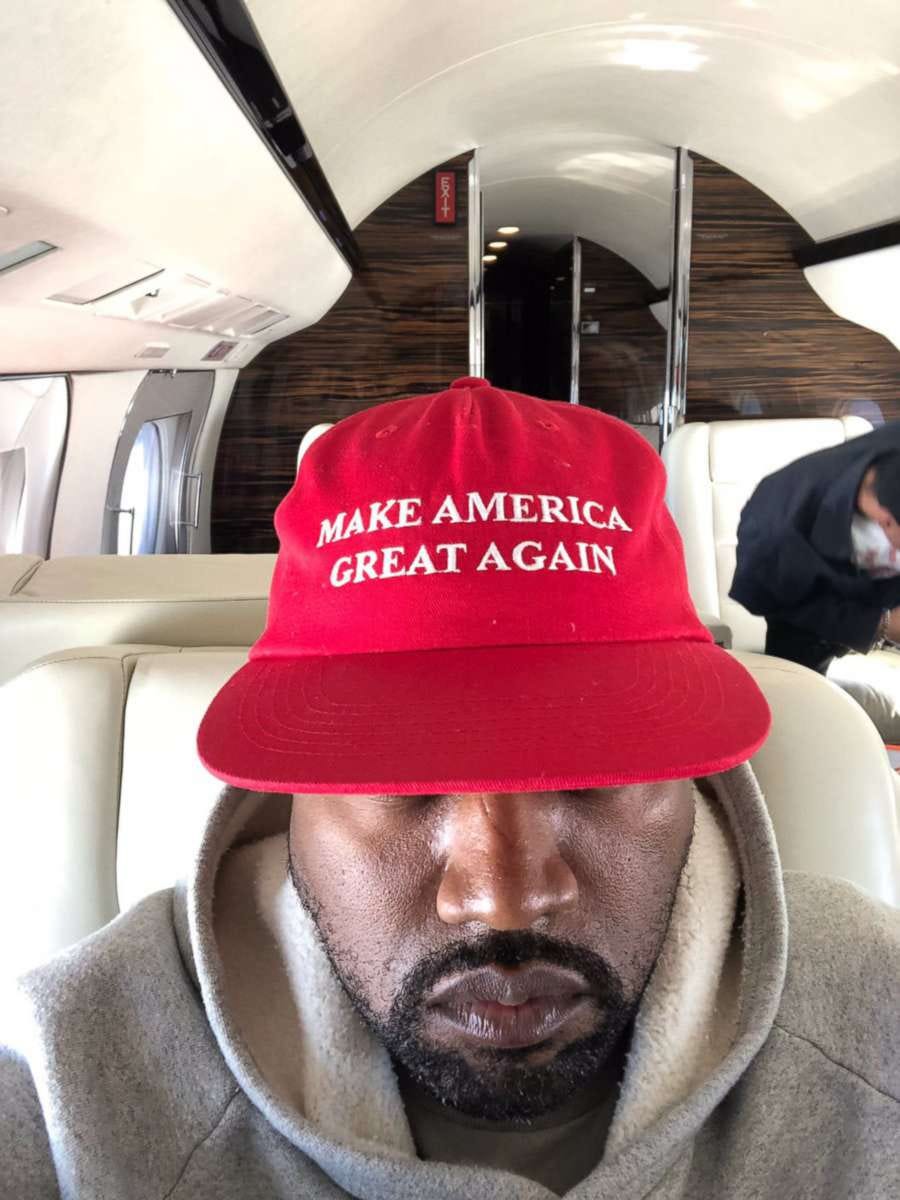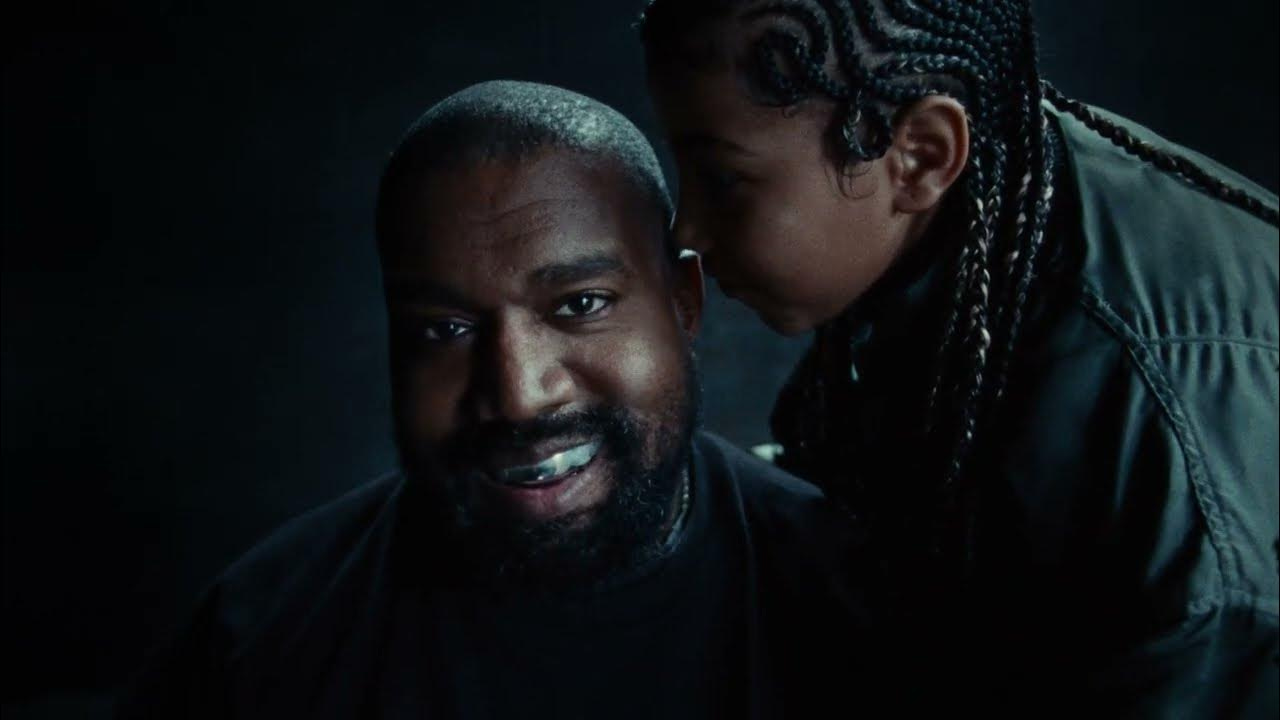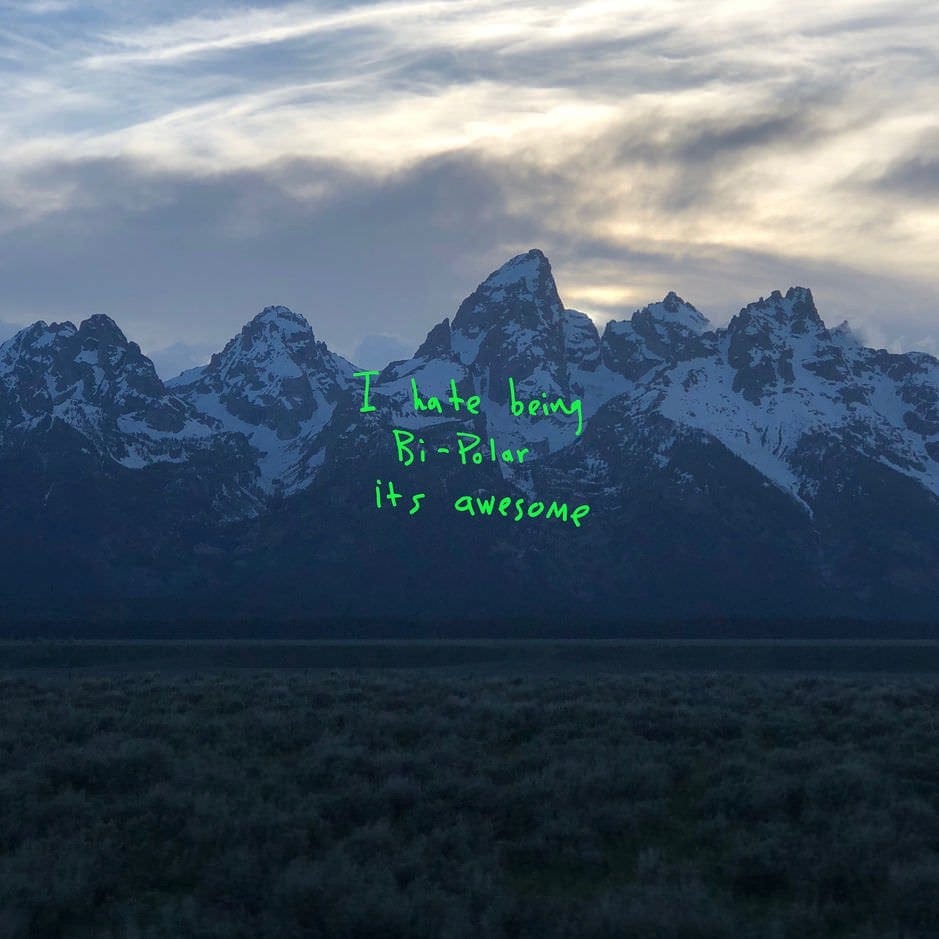Kanye West's Problem & Ours
The musician's downfall is a cautionary tale on the dangers of oversharing
Kanye West is not having a good decade. In 2021, after seven years of marriage and four children together, he filed for divorce from his wife Kim Kardashian. That event seems to have triggered a downward spiral for the talented but mentally unstable rapper/producer. In the following year, West and rapper The Game collaborated on the song ‘Eazy’, whose music video features the former burying comedian Pete Davidson, who was dating Kardashian at the time. This all culminated in the infamous antisemitic Twitter tirade of October 2022 (I have covered much of this in a previous post).
You may be forgiven for thinking that I have stooped to the level of celebrity gossip, but I would not have cared for Kanye West’s personal life had he not featured it so pervasively in his music or his social media. But Kanye West’s troubles is not limited to his mental illnesses or his newfound prejudice against the Jewish people. What has not been accounted for is his tendency to publicize every facet of his life, and social media’s role in facilitating this unhealthy habit.
To understand what has become of Kanye, we have to go back to 2016, the year his seventh album The Life of Pablo came out. Despite garnering critical acclaim, the album had a turbulent release. Initially released in February through the streaming service Tidal, the album went through a number of changes before being available on all streaming platforms in April of the same year. One of the changes is the inclusion of the song ‘Saint Pablo’, a masterful song where the artist spares his audience no detail regarding his private affairs:
My wife said, I can't say no to nobody
And at this rate we gon' both die broke
Got friends that ask me for money knowin' I'm in debt
And like my wife said, I still didn't say noPeople tryna say I'm goin' crazy on Twitter
My friends' best advice was to stay low
I guess it's hard to decipher all of the bills
Especially when you got family members on payroll
2016 was also the year of Donald Trump’s candidacy. West has repeatedly professed his support for his fellow compulsive Twitter user, even going so far as to don a red ‘Make America Great Again’ cap in numerous public appearances. It is possible that his admiration for Trump stems not from their shared political beliefs, but their common conflation that oversharing equals outspokenness.

Which brings me to a recent article published in Quillette, titled ‘Stop Opening Up About Your Mental Health Online’. Authored by UK blogger Freya India, the article sheds light on the toxic cocktail of social media and youngsters being candid about their mental health problems. Although Kanye West is far from a young man, his social media behavior mirrors that of the troubled youths India warns of:
My main concern with this is that Gen Z are very lonely and screen-addicted and so often take this advice and start opening up online. All over the internet, my generation are sharing their autism traits, ADHD habits, and Tourette’s tics. Plus deeply personal moments: traumatic events, anxiety attacks, and mental breakdowns. On TikTok #mentalhealth has over 127 billion views; #trauma alone has almost 30 billion.
West is no stranger to oversharing his mental illnesses. The cover of his 2018 album, ye, features a cover that says “I hate being Bi-Polar. its awesome.” In a song off the album, West calls his bipolar disorder a ‘superpower’ and himself a ‘superhero’. This is highly troubling, because like the TikTok addicts of our time, West sees his mental illnesses as part of his identity, rather than a condition to overcome. According to India, “you’ll make that much less likely and harder for yourself by posting it all over the internet and publicly building your identity around it first… [Y]ou might regret reducing yourself to a collection of symptoms. This world can be cruel and unforgiving, and you might one day regret telling it you can’t cope.”
The irony is that, the more Kanye West opens up about his various life struggles, as well as his increasingly unpalatable political beliefs, the more he alienates the people around him. This is as much a handicap to his personal well-being as it is to his artistic endeavors - interpersonal collaboration is as essential to artistic creation as personal inspiration. Unfortunately, many people who are less talented and artistically-inclined than West are oversharing themselves into the same pitfall. Whatever remains of their benefits, social media sites like Twitter (now X), Instagram and TikTok are fueling the desire to put too much of yourself online. West’s dilemma is all too human: we desire not to be alone, but we have filled our lives with personal devices (computers, TVs, phones, etc.) designed for individual usage. Thus, his downfall carries more layers than just conspiratorial antisemitism, and whatever salvation he eventually finds would require a lot of contemplative silence on his part.





